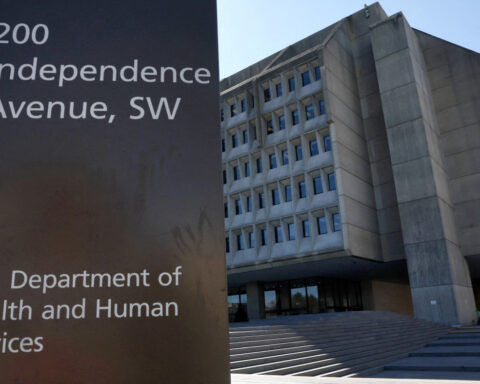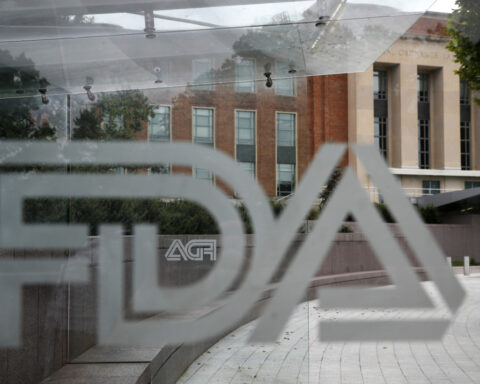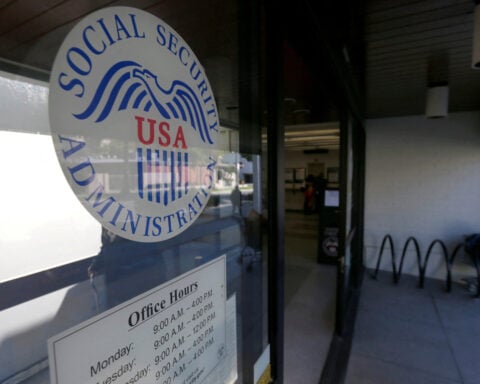The safety of America's drinking water supplies has emerged as a critical national security concern, with alarming warnings about potentially devastating cyberattacks. In an unprecedented move, top federal officials sounded the alarm this week over the "drinking water issue" – malicious hacking attempts by hostile nations like Iran and China targeting the systems that provide communities with their most essential resource – clean drinking water.
As cyber warfare tactics rapidly evolve, the harsh reality is that the nation's vast water infrastructure could be just one vulnerability away from devastating disruptions that threaten public health, economic stability, and the fundamental lifeline of clean drinking water access for millions of Americans. The stark advisory from federal agencies provided sobering details on the nature of these threats. It implored state leaders to take immediate action to secure water systems against the increasing risks and consequences of these attacks.
At the forefront of the threats are cyber actors affiliated with Iran's Islamic Revolutionary Guard Corps (IRGC), who have already conducted numerous "malicious cyberattacks" breaching U.S. water infrastructure systems. Incredibly, these assailants gained access by exploiting a basic vulnerability – the failure of water facility operators to update default manufacturer passwords on common operational technology systems. This allowed complete remote access and potential service disruption.
The incidents appear to include a previously reported cyberattack late last year on a water utility plant in Pennsylvania that sparked a federal investigation. Pennsylvania lawmakers reacted with grave concern over the breach within their state's borders, warning that if a hack like this can happen in their state, it can happen elsewhere in the United States. They underscored all citizens' right to peace of mind that basic infrastructure, such as their drinking water, is safe from nation-state adversaries and terrorist organizations.
Compounding the menace is the involvement of a sophisticated Chinese hacking collective known as Volt Typhoon, which federal agencies identified as actively compromising information technology of multiple critical infrastructure systems, including drinking water facilities nationwide. The letter characterized Volt Typhoon as a state-sponsored cyber group operating on behalf of the People's Republic of China.
The letter portrayed America's drinking water and wastewater treatment plants as prime targets, calling them "an attractive target for cyberattacks" due to their essential "lifeline" status coupled with a frequent "lack of resources and technical capacity to adopt rigorous cybersecurity practices" commensurate with the risks they face. Officials urged comprehensive assessments across all states to identify vulnerabilities, implement safeguards, and prepare response plans.
While the warning provided no specifics on the precise timeline or scope of threats, its unprecedented issuance signaled deep concerns over increasingly sophisticated cyber warfare tactics being directed at critical national infrastructure by hostile nation-state actors. The blunt language left no ambiguity that U.S. officials consider the prospect of devastating disruptions to public drinking water supplies a serious and imminent risk.
The public advisory represents an urgent call for dramatically enhanced security protocols and resources to protect these vital yet vulnerable systems that provide a most fundamental resource – clean water that millions depend on daily for basic survival. Failure to act could yield catastrophic humanitarian, economic, and public health emergencies if coordinated cyberattacks succeed in severing drinking water supply disruptions across communities.
The nationwide warning crystalizes simmering fears around offensive cyber capabilities being developed and deployed by geopolitical rivals explicitly targeting civilian infrastructure widely recognized as off-limits during traditional warfare. Iran and China have now been directly implicated in probing and penetrating these digital frontlines, controlling drinking water availability as part of evolving asymmetric warfare tactics.
For utilities and municipalities nationwide, the alert presents an unequivocal mandate to prioritize and properly resource robust cybersecurity protections and emergency contingency planning for their water treatment systems. Failure to heed the call and proactively implement rigorous water infrastructure cybersecurity safeguards could render these critical services devastatingly vulnerable to remote, hostile takeover with staggering public ramifications.
As state leaders nationwide digest the sobering alert and initiate action, the public is likely contemplating the alarming realities of foreign nation-state cyber threats actively targeting their community's access to safe drinking water. The visceral prospect of a once-inconceivable scenario – household taps suddenly running dry due to malicious hacking – now looms as a pressing national security priority demanding an urgent, multi-front response.
Related Articles:

 Trump has begun another trade war. Here's a timeline of how we got here
Trump has begun another trade war. Here's a timeline of how we got here
 Canada's leader laments lost friendship with US in town that sheltered stranded Americans after 9/11
Canada's leader laments lost friendship with US in town that sheltered stranded Americans after 9/11
 Chinese EV giant BYD's fourth-quarter profit leaps 73%
Chinese EV giant BYD's fourth-quarter profit leaps 73%
 You're an American in another land? Prepare to talk about the why and how of Trump 2.0
You're an American in another land? Prepare to talk about the why and how of Trump 2.0
 Chalk talk: Star power, top teams and No. 5 seeds headline the women's March Madness Sweet 16
Chalk talk: Star power, top teams and No. 5 seeds headline the women's March Madness Sweet 16
 Purdue returns to Sweet 16 with 76-62 win over McNeese in March Madness
Purdue returns to Sweet 16 with 76-62 win over McNeese in March Madness








